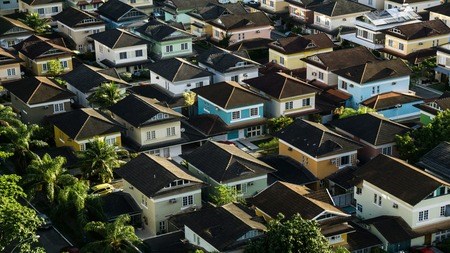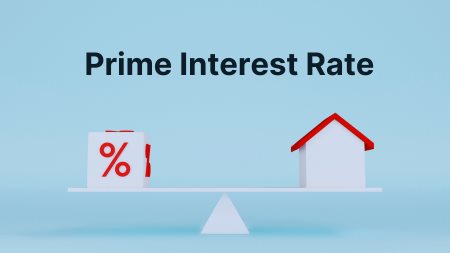Economic downturns and recessions are always bad news for holiday towns in any country. The last thing buyers want to do when the markets turn is invest in a holiday home, and this can be devastating for towns that rely on the tourism market to boost property sales.
The popular KwaZulu-Natal South Coast town of Margate hasn’t proved to be the exception to this rule. Although the town went through an unprecedented boom period during the mid-2000s when property prices soared to record levels, the fallout during the recession was equally spectacular. Driven primarily by a strong second home market, house repossessions became a fairly common occurrence as sellers struggled to offload property in a market that had virtually came to a standstill.
Willem Erasmus, Acutts principal in the area, agrees, saying that the property market on the lower South Coast was harder hit by the recession than the market in urban areas. “We are however seeing a slow and gradual recovery, with positive but seasonal sales coming through over the last year. Buyers are probably energized by the general view that the market is on the rise, and they seem to be keen to pick up the last of the available bargains. We also note that the distressed sales offered by banks are on the decrease, meaning that the market is hopefully normalising.”
He says that it is still very much a buyer’s market, with purchasers expecting to pay around R300 000 less for a 3 bedroom beachfront unit than they would have paid in 2006. Things are definitely improving. Although 53 homes were repossessed during 2009, only eight properties were sold in execution during 2011. And this is not the only good news.
Lightstone statistics indicate that 385 sales were concluded in 2011, which is slightly up from the 2010 figure. Property prices in the area appear to have stabilised and Lightstone’s price averages reveal that there has been a marked increase in sectional title values for the same period. The average price for a sectional title unit has risen by 50 percent, from R240 000 in 2010 to R482 000 in 2011. The freehold average, however, dropped slightly from R597 000 in 2010 to R575 000 in 2011.
Despite the price averages remaining fairly low, 65 transfers falling in the R800 000 to R1, 5-million bracket took place last year, indicating that there is a growing demand for more upmarket homes.
It is worth noting that whilst price averages do take all property transfers into consideration, these can appear to be well below the average asking price for property in the area. This is perhaps due to the fact that there are much larger volumes of property sold at the lower end of the market, and that has an impact on overall price averages.
Although the number of sales in recent years has steadily declined when compared to sales volumes in 2006 and 2007, there could be a very simple explanation for this. While the boom brought a great deal of investment to the area, it also had a direct impact on the local population. Traditionally, salaries are far lower on the South Coast than they are in major centres. In a nutshell, the property market priced itself way out of locals' reach and although this wasn’t a problem when the going was good and investors where ten a penny, it became a serious problem when the flood of investors all but dried to a trickle.
Judging by the increase in the number of properties sold in the lower price brackets, it seems that the locals are once again in a position to invest. The figures, however, also indicate that this trend may only prevail in the short term, as although the total value of property sold in the town come in at just under R133-million in 2010, this figure escalated to R196-million in 2011.
Property sales also appear to be performing well of late as the stats confirm that there have been 80 transfers in Margate in the last three months. Once again, it seems that prices are on the rise, with the average price paid for a sectional title unit coming in at R474 000 while the average price paid for a freehold property is R587 000.




